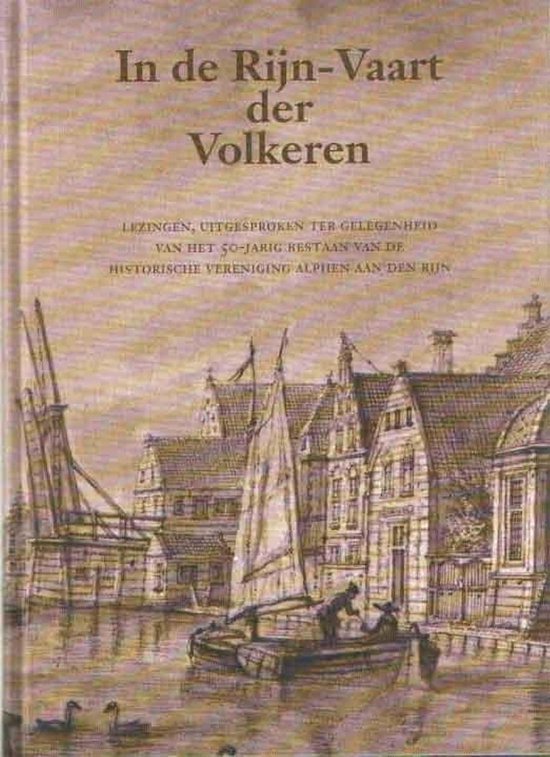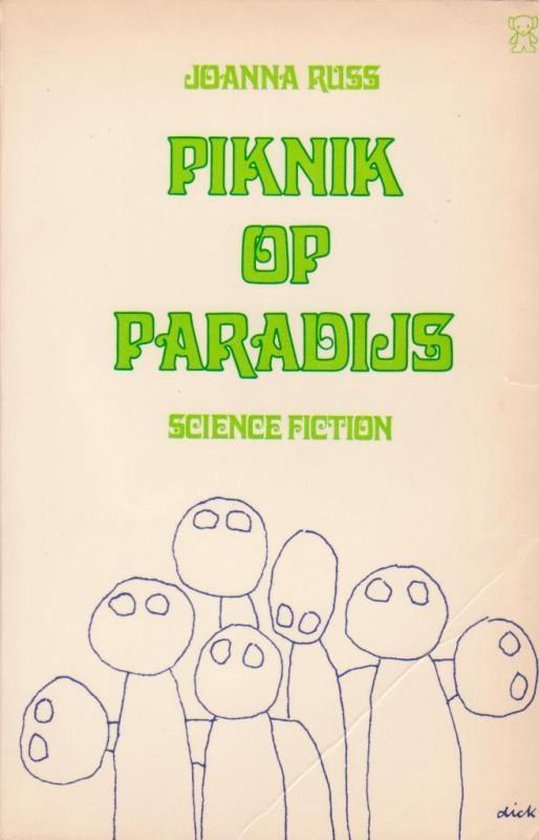
Memoirs of A Revolutionist
When the first edition of this book was brought out at the end of 1899, it was evident to those who had followed the development of affairs in Russia that, owing to the obstinacy of its rulers in refusing to make the necessary concessions in the way of political freedom, the country was rapidly drifting towards a violent revolution. But everything seemed to be so calm on the surface, that when a few of us expressed this idea, we were generally told that we merely took our desires for realities. At the present moment Russia is in full revolution. The old system is falling to pieces, and amidst its ruins the new one is painfully making its way. Meanwhile the defenders of the past are waging a war of extermination against the country—a war which may prolong their rule for a few additional months, but which raises at the same time the passions of the people to a pitch that is full of menaces and danger. Looked upon in the light of present events, the early movements for freedom which are related in this book acquire a new meaning. They appear as the preparatory phases of the great breakdown of a whole obsolete world—a breakdown which is sure to give a new life to nearly one hundred and fifty million people, and to exercise at the same time a deep and favourable influence upon the march of progress in all Europe and Asia. It seems necessary, therefore, to complete the record of events given in this book by a rapid review of those which have taken place during the last seven years, and were the immediate cause of the present revolution. The thirteen years of the reign of Alexander III., 1881-1894, were perhaps the gloomiest portion in the nineteenth century history of Russia. Reaction had been growing worse and worse during the last few years of the reign of his father—with the result that a terrible war had been waged against autocracy by the Executive Committee, which had inscribed on its banner political freedom. After the tragic death of Alexander II., his son considered it his duty to make no concessions whatever to the general demand of representative government, and a few weeks after his advent to the throne he solemnly declared his intention of remaining an autocratic ruler of his Empire. And then began a heavy, silent, crushing reaction against all the great, inspiring ideas of Liberty which our generation had lived through at the time of the liberation of the serfs—a reaction, perhaps the more terrible on account of its not being accompanied by striking and revolting acts of violence, but slowly crushing down all the progressive reforms of Alexander II., and the very spirit that bred these reforms, and turning everything, including education, into tools of a general reaction. Sheer despair got hold of the generation of the Russian ‘intellectuals’ who had to live through that period. The few survivors of the Executive Committee laid down their arms, and there spread in Russian intellectual society that helpless despair, that loss of faith in the forces of ‘the intellectual,’ that general invasion of common-place vulgarity which Tchékhoff has pictured with such a depressing sadness in his novels.
| Auteur | | Wilhelm Ruland |
| Taal | | Nederlands |
| Type | | E-book |
| Categorie | | Poëzie, Bloemlezingen & Letterkunde |




